We already knew from his choice of location, the King wanted to make a statement with his Christmas broadcast.
He wanted to be seen outside the confines of royal palaces, and he wanted his words to be heard.
This was a message that mattered to him.
A tiny hospital chapel, hosting a monarch whose own health has dominated his year.
And to that, the King’s address was open and personal. He offers “special heartfelt thanks” to the teams who’ve treated, supported and cared for both him and his family.
His words delivered with a candid honesty, as he describes the “anxieties and uncertainties” of illness.
This is a year when we have grown used to a new openness from the royal family about their health. It is a deliberate move by the King who took an early decision with his diagnosis.
Royal sources say: “He was not going to hide this away and shy away from it, in the hope some good could come from misfortune.”
Follow latest: Royal Family at Christmas
He is undergoing regular treatment and will continue to do so into the new year, but the King looked relaxed as he spoke.
Sometimes the royal Christmas broadcast can be opaque in meaning, but this was clear.
Its themes of health and community cohesion reflecting the royal year.
The King expressed the importance of “listening and understanding”. Touched by the communities who’d come together after the summer riots.
He also spoke of his concern for the many people affected by the “devastating impacts of conflict” around the world.
At the end of a year in which the King has perhaps confronted his own mortality, his address had a heavy religious tone.
Read more from Sky News:
Behind the scenes: King’s Christmas message
Podcast: Charles and Camilla’s year
King jokes ‘I’m still alive’
Watching the family leave church together at Sandringham, the walkabout felt longer than usual. There were bigger crowds this year too, with many well-wishers saying they’d wanted to come to show their support to the King and the Princess of Wales after their difficult year.
The royal family seemed genuinely touched by the greeting. It’s impossible to predict what 2025 will bring.
The King’s treatment continues as does his determination to carry on. This year’s Christmas message certainly a sign he is keen to be seen and heard.







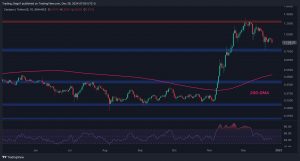



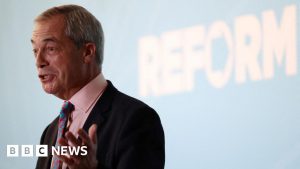

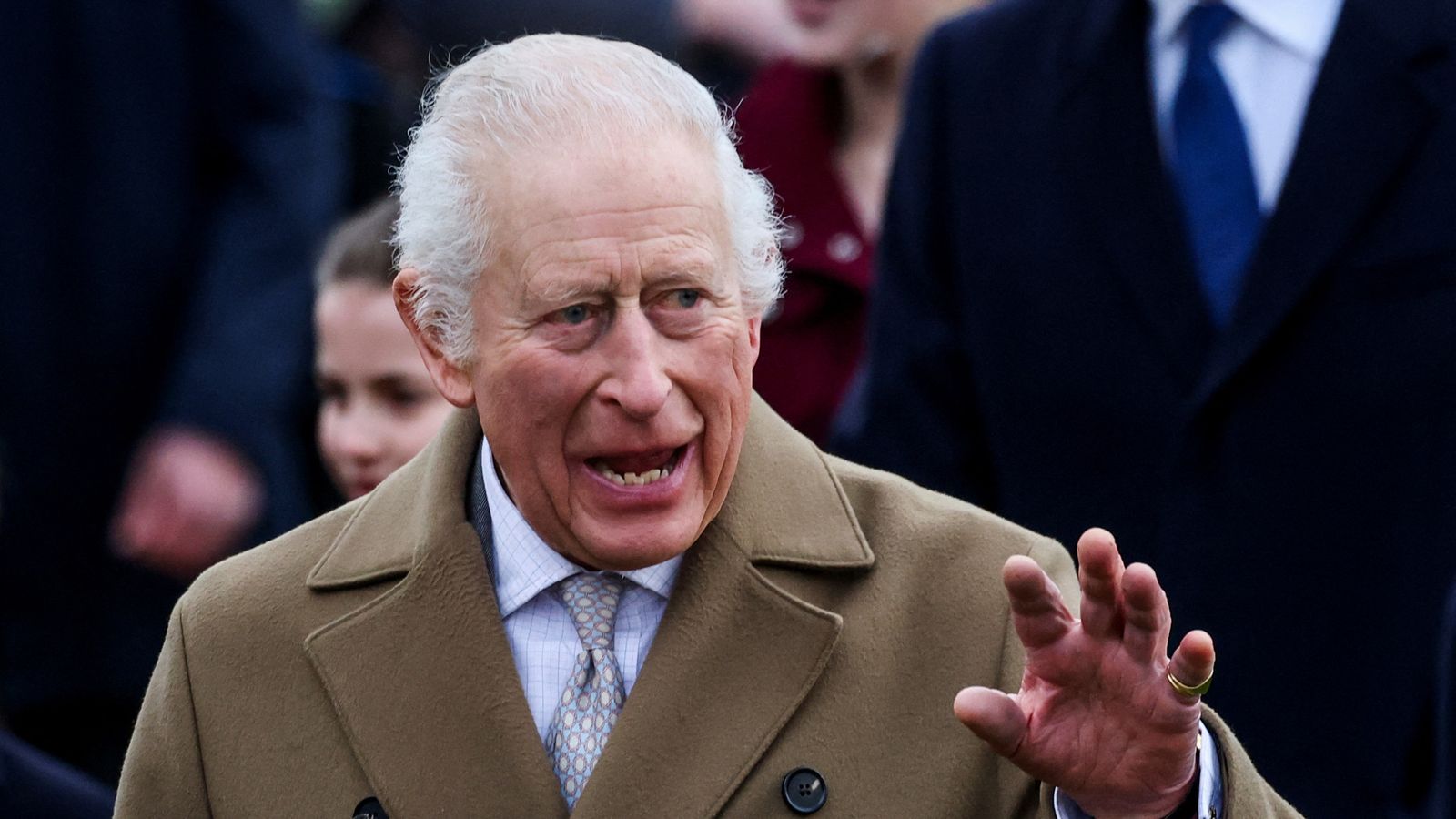




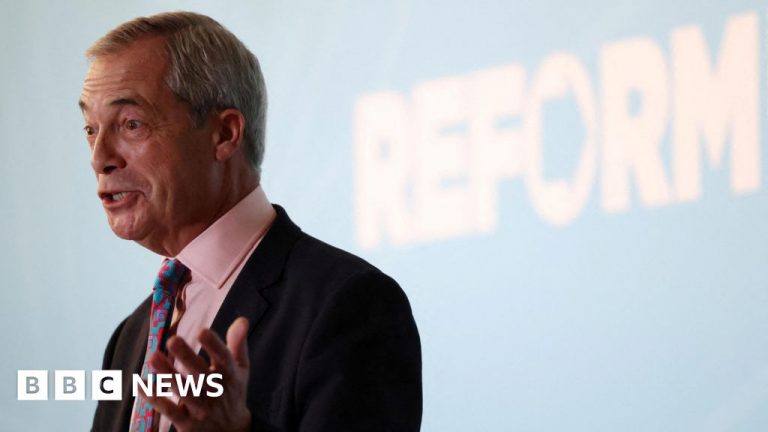






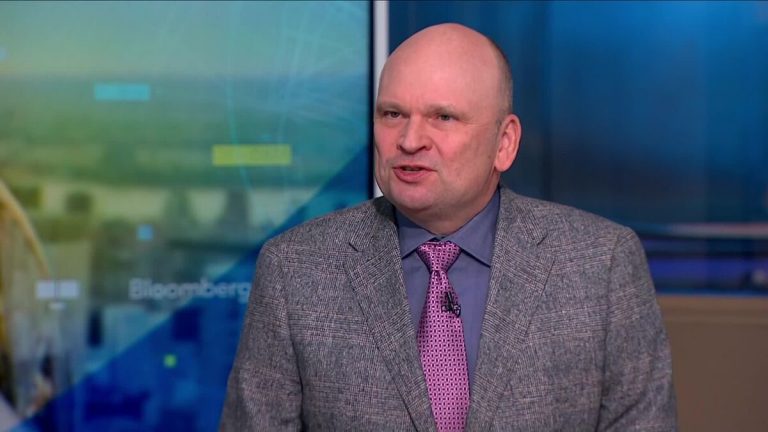
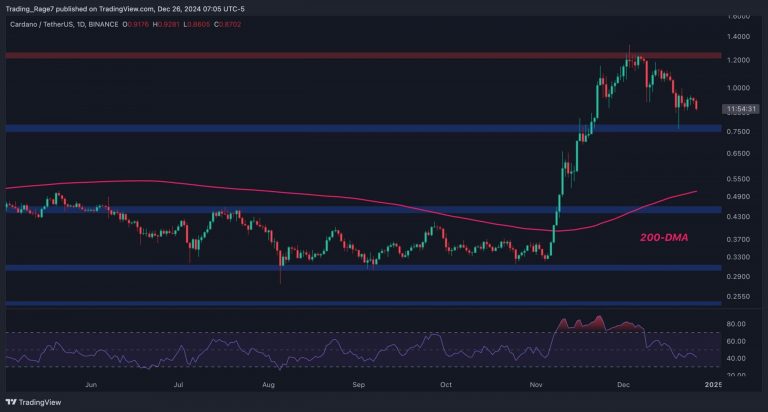
+ There are no comments
Add yours